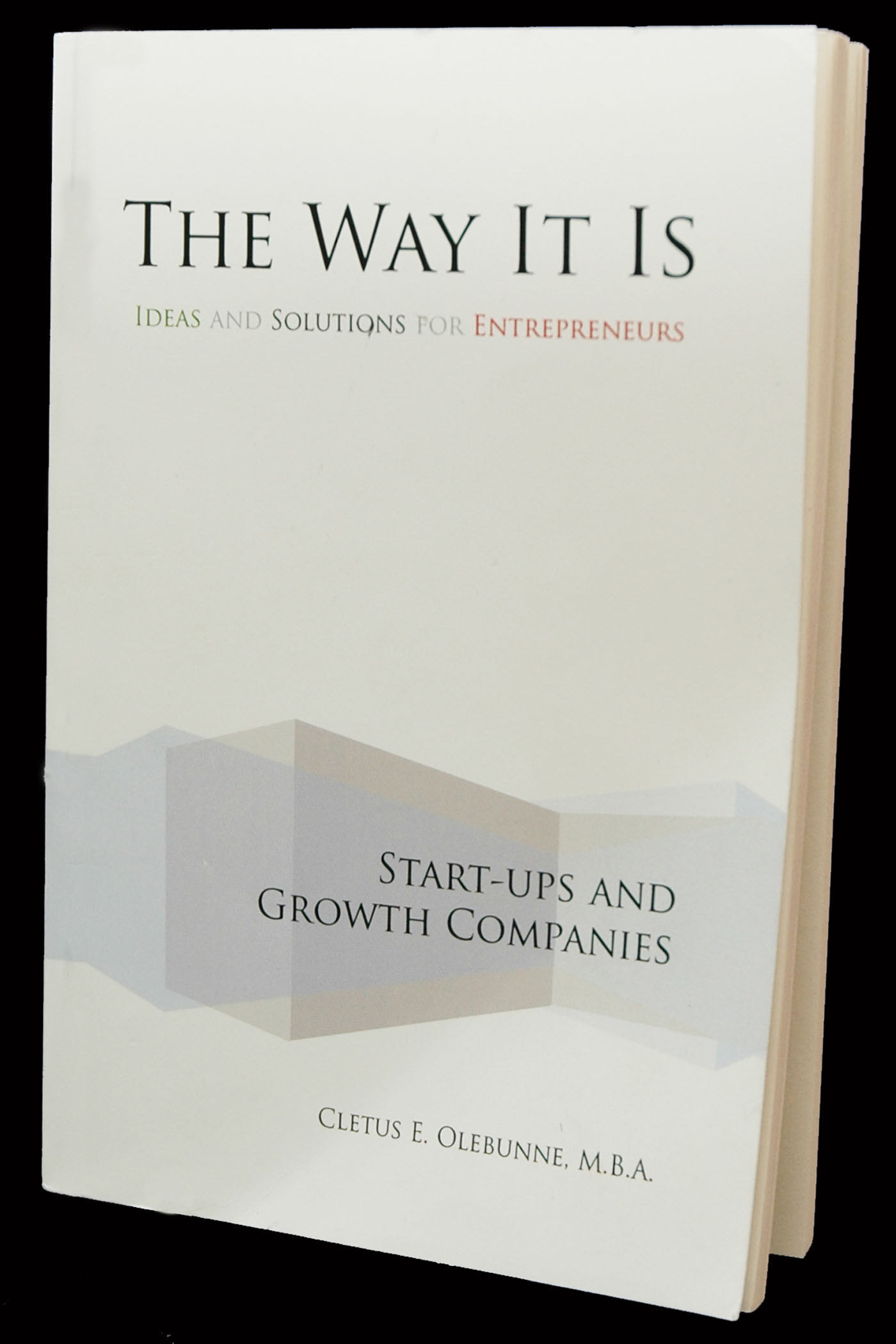
|
Home
> Book >
Selected Chapters > Chapter 4
Chapter 4 Money Matters Whether you are starting from scratch or buying an existing business, deciding the source of your initial capital is one of the most critical decisions you have to make at the early stage. Securing a source for funding is one of the biggest challenges entrepreneurs face, especially start-up companies. Deciding how best to fund your business will give you a clear idea of where to start looking for money. In essence, you want to know how much money you have saved and whether your personal assets can fund initial start-up or whether you need outside funding. And if you need outside funding, you have to figure out from whom and how you plan on achieving that. Finding money makes a whole lot of difference between success and failure. It also can impact you personally, because it will determine whether or not you will accomplish your envisioned goals. This is the real world entrepreneurs live in. It is critical that you finance your business with as much money as may be comfortable, using money from the source you are most comfortable with—comfortable in the sense that you have enough money to get the business running and cover the daily operational needs. I started my two companies with less than two thousand dollars; there is no amount that is just right. It is all about what amount your particular business really requires to get you a few customers or to maintain a positive cash flow. Normally, service businesses require less capital than product businesses. While having too little money is worrisome, it is also possible to have too much money. Having too much money doesn’t mean you should duplicate hiring positions or overstock inventories or move to a glittering glass building. Remember, success does not depend on the amount of money you have to begin with but on your cash flow. The key is just to have enough to enable you to execute your business plan, remembering that yours is still an early stage business. A good business plan with timelines will help you determine how much money you may need and when you may need it. This will also help you with time management. I have seen entrepreneurs waste important time trying to raise money instead of focusing on running their businesses. Figure out how far you can get with the minimal money you have, and then focus on reaching your planned success level. Your goal may be to prove that your concept is doable, to acquire your first few customers, to reach certain sales results, to reach a break-even point, or to reach profitability. Raising enough money to reach your initial intended goals will help you find funds that you can be comfortable with. For manufacturing start-ups, your goal may be to secure funding for the initial research-and-development phase. Remember, undercapitalization is one of the major causes of most small-business failures............ < Back to Chapter 3 | Next: Chapter 5 >
|